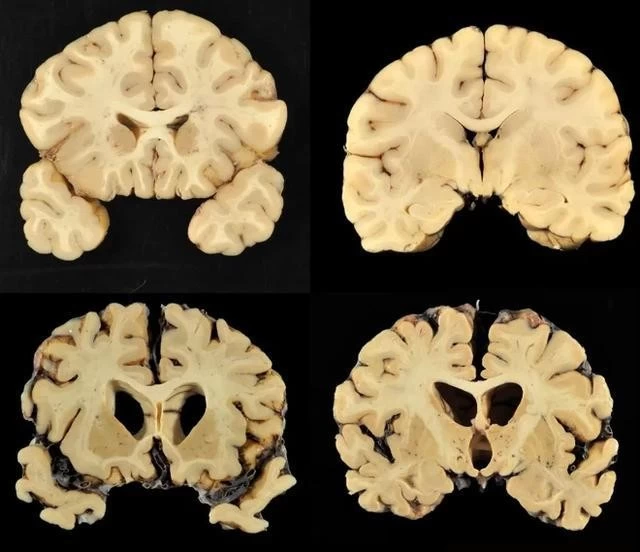Do strenuous exercises have side effects?Rugby players have IQ drops, but it's not their fau
chinatopwin
chinatopwin
2017-08-02 09:19:59
Editor's note: the fact that a collision like rugby and boxing can damage the brain in the long run is
an indisputable fact. This article is compiled from Sara g. Miller's article in Live Science titled
"Striking Study Shows How Football Affects the Brain."

Of more than 200, the late American Football players - 111 for the National Football League (NFL,

On July 25, The results of The study, published in The Journal of The American Medical

Chronic traumatic encephalopathy is different from light to heavy. The researchers found that

Of more than 200, the late American Football players - 111 for the National Football League (NFL,
National Football economic), giving the brain's examination showed that 90% of them suffered
from chronic traumatic encephalopathy (CTE, chronic traumatic encephalopathy).
Chronic traumatic encephalopathy is often associated with repeated head injuries, according to
Chronic traumatic encephalopathy is often associated with repeated head injuries, according to
the Mayo clinic. The patient's condition worsens over time, with clinical symptoms including
learning disabilities, forgetfulness and depression.
, however, to carry out the study of the Boston University Center for chronic traumatic
, however, to carry out the study of the Boston University Center for chronic traumatic
encephalopathy (Boston University 's CTE Center), said after the death of the athletes, donated
by family brain samples, was diagnosed with chronic traumatic encephalopathy.

On July 25, The results of The study, published in The Journal of The American Medical
Association (JAMA, The Journal of The American Medical Association, The researchers of 202
brain donated by The late football player for inspection, found that 177 patients with chronic
traumatic encephalopathy, up to 87%. Eleven of the 111 National Football League athletes
donated their brains, with a whopping 99 percent. In addition, semi-professional football players
and those engaged in rugby in their student days also have varying degrees of illness.

Chronic traumatic encephalopathy is different from light to heavy. The researchers found that
the former NFL players were "extremely serious", with 71 percent suffering from severe chronic
traumatic encephalopathy.
To facilitate the understanding of the symptoms presented by the patient, the researchers
interviewed family members (including spouses and adult children), and the relatives of 111
donors were interviewed.
The researchers found that 96% of the patients with severe chronic traumatic encephalopathy
The researchers found that 96% of the patients with severe chronic traumatic encephalopathy
and 89% of patients with mild chronic traumatic encephalopathy, all show behavior and emotional
changes, including impulse, depression, indifference and anxiety. In addition, 95 percent of
serious patients and 85 percent of mild cases showed deterioration in thinking skills, including
memory, attention and language problems.
Interviews show that almost all patients are getting worse. However, the researchers also
Interviews show that almost all patients are getting worse. However, the researchers also
acknowledged that the examination of the athletes' brains showed only a fraction of the time they
were ill, not enough to determine the progression of the disease.
The donor was in the field for a number of positions, including the line front, the quarterback and
The donor was in the field for a number of positions, including the line front, the quarterback and
the kicker. Different positions, different levels of impact. They have been in rugby for at least 15
years.
The results suggest that chronic traumatic encephalopathy may be associated with rugby.
The researchers acknowledged the limitations of the survey. For example, donors and their
The results suggest that chronic traumatic encephalopathy may be associated with rugby.
The researchers acknowledged the limitations of the survey. For example, donors and their
families may have known about chronic traumatic encephalopathy before they decided to donate
their brains to study the symptoms.











